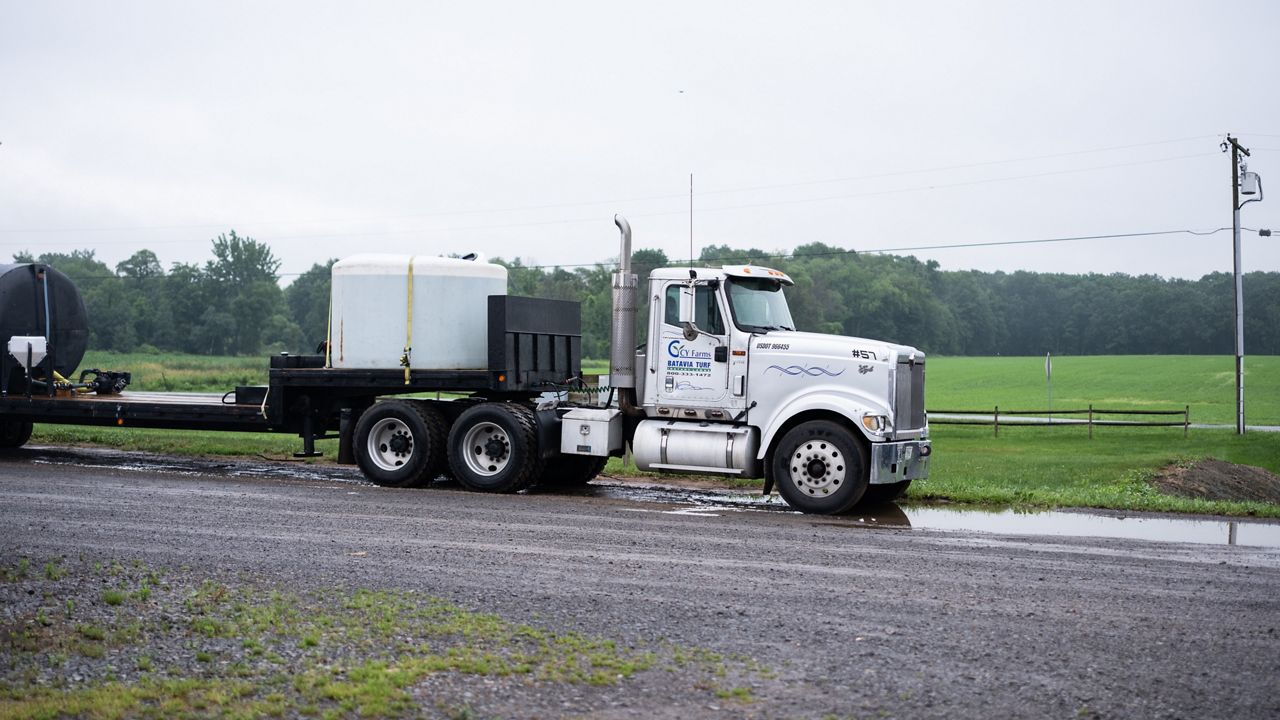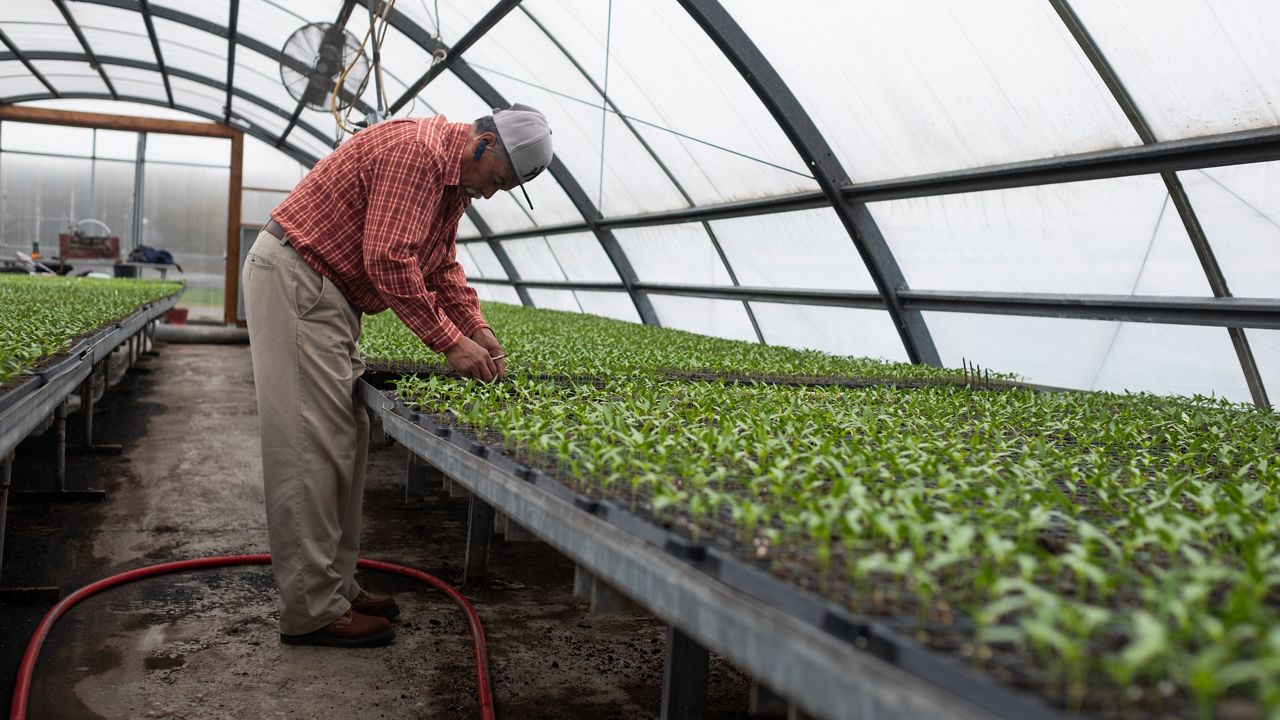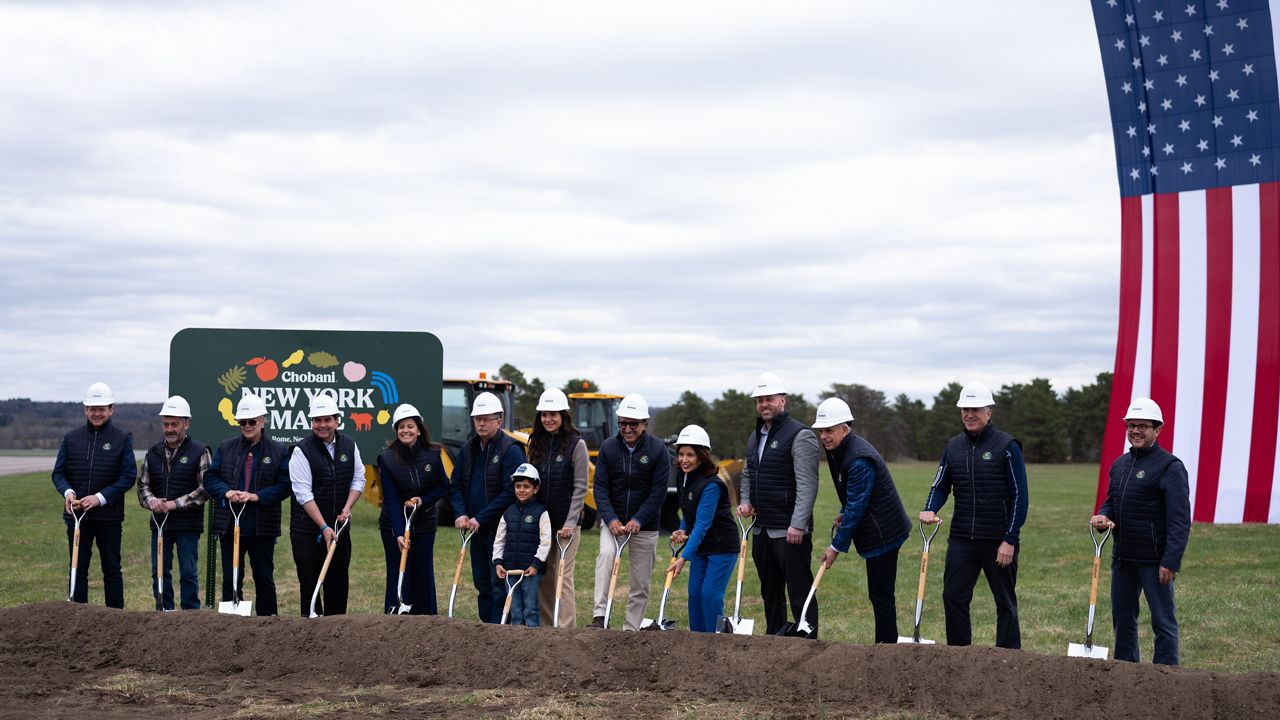From milk to frozen food, everything in grocery stores is transported by trucks and their drivers, but the trucking industry has struggled with a shortage of drivers, leading to empty shelves and price increases since 2020, local farmers and distributors say.
Local farmers and companies say they have had to boost wages and look for alternatives as a result — from seeking better interstate regulations to exploring a future using artificial intelligence – to make sure products reach their destinations.
The American Trucking Association estimates that there will be a shortage of 160,000 truck drivers in the United States by 2030.
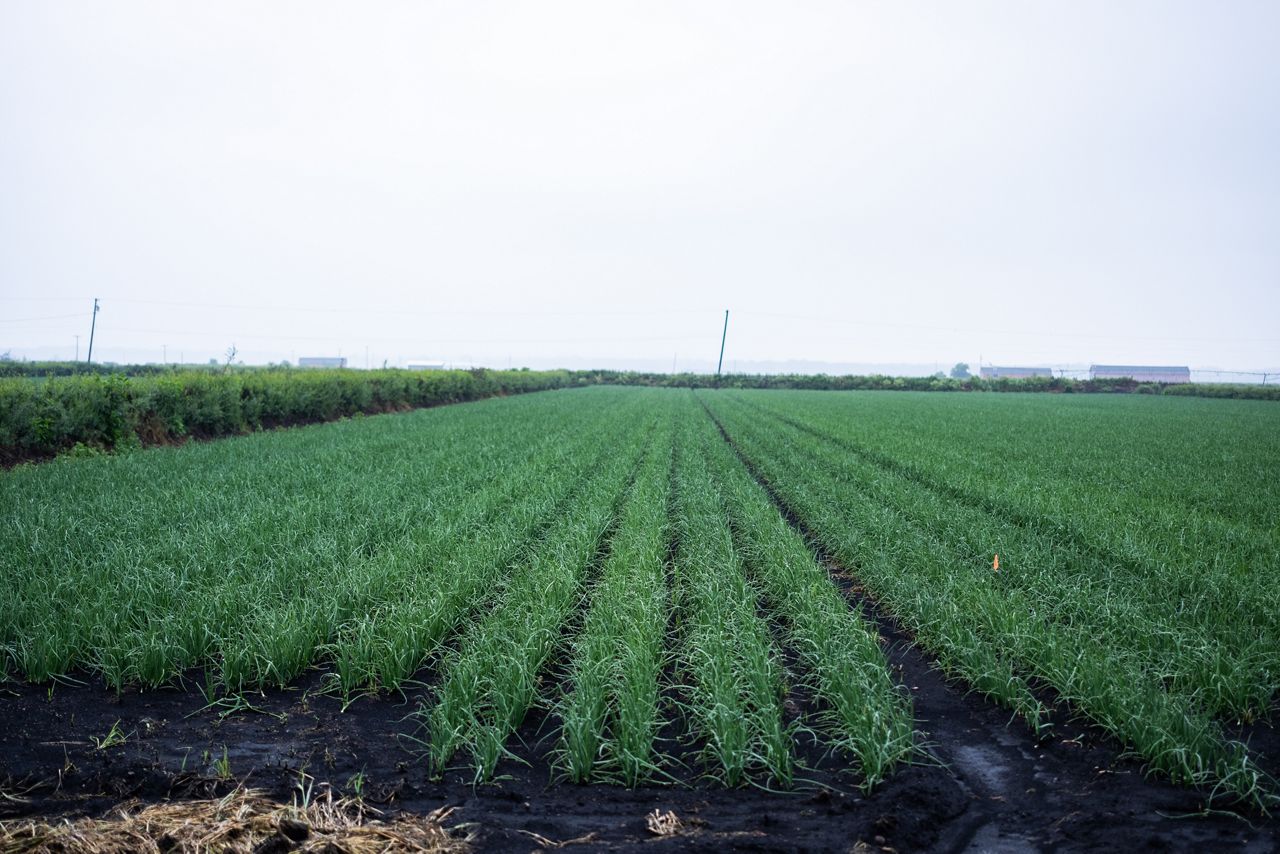
Christian Yunker, who owns CY Farms in Elba and raises corn, soybeans, wheat, onions, sod and dairy heifers, said trucking is vital to his farm.
“Agriculture is a business of moving products and whether that’s the supplies that we need like fertilizer or seed or the equipment we buy,” Yunker said. “They all require trucking to get here.”
He said they have a fleet of trucks that operates within 200 to 250 miles of the Genesee County farm, but they have to outsource for longer trips.
“Our onions are trucked up and down the East Coast, typically we hire that truck,” Yunker said. “We don’t do overnight trucking in our fleet.”
Yunker said because of the shortage of drivers, he has had to make adjustments to drivers’ pay.
“The drivers we do have know there’s opportunities elsewhere for more pay, so like anything else, we have to increase pay to keep drivers and certainly it’s not just pay, but also the environment they work in,” he said.
When transporting goods out of state, Yunker said there are different regulations for other states to keep in mind. For example, weight requirements are different when they travel to Pennsylvania.
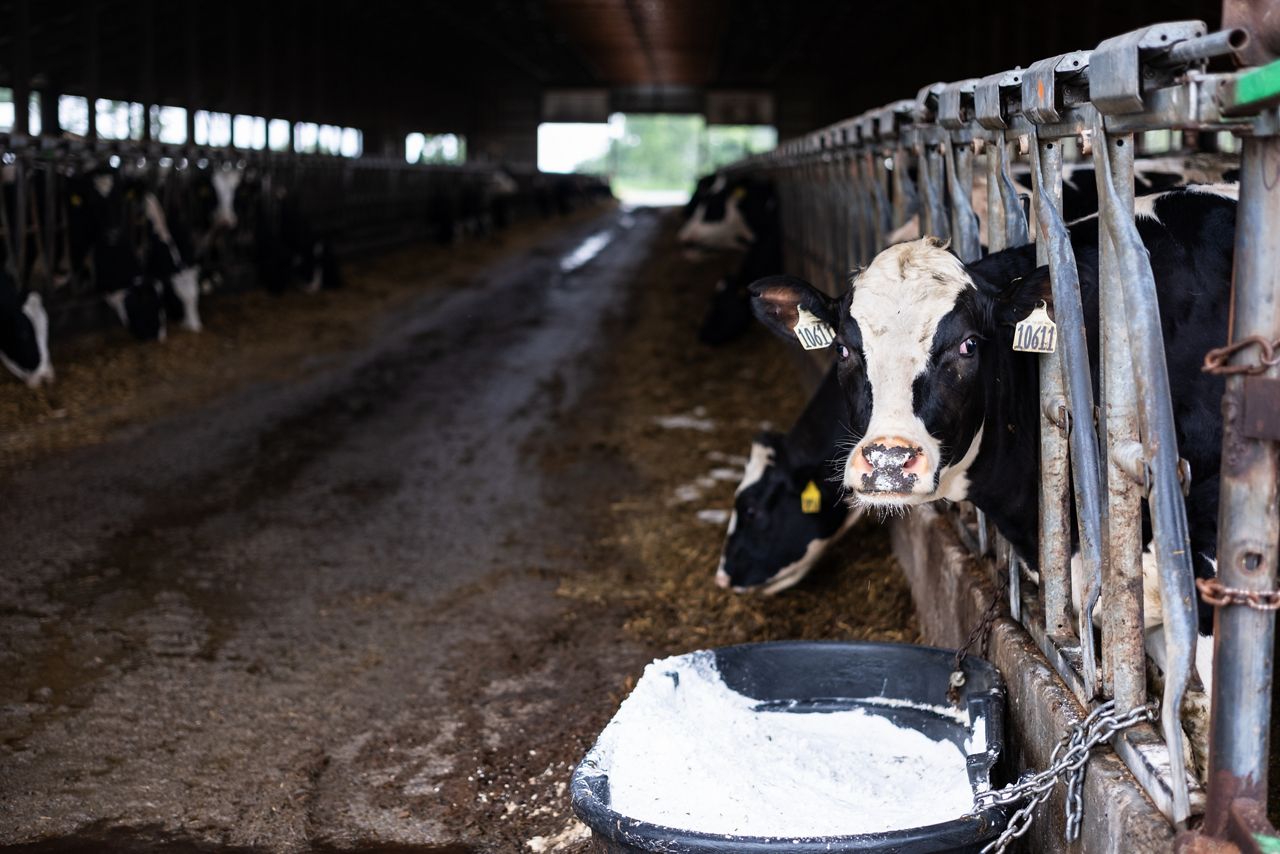
“Even though we have an overweight permit for New York state, we can’t use that overweight permit in Pennsylvania and so we can only go to the border,” Yunker said.
River Valley Foods is a storage and food distribution company in Syracuse for grocery stores such as Wegman’s, Tops, and Price Chopper. Brett Mowers, the transportation manager, said they have struggled with the shortage of drivers as well.
“Hiring drivers has been difficult for us, and what we have also seen are delays from inbound shipments from our vendors. The driver shortage has led to delayed shipments,” Mowers said.
This has led to certain products not being available in grocery stores, Mowers said.
“Since COVID, we’ve increased our pay pretty dramatically, I would say close to 20% over the past few years,” Mowers said. “There is so much competition because it’s almost like an arms race with other employers.”
Another challenge for drivers who work with food is that they are responsible for the safety of the product they are transporting, Mowers said.
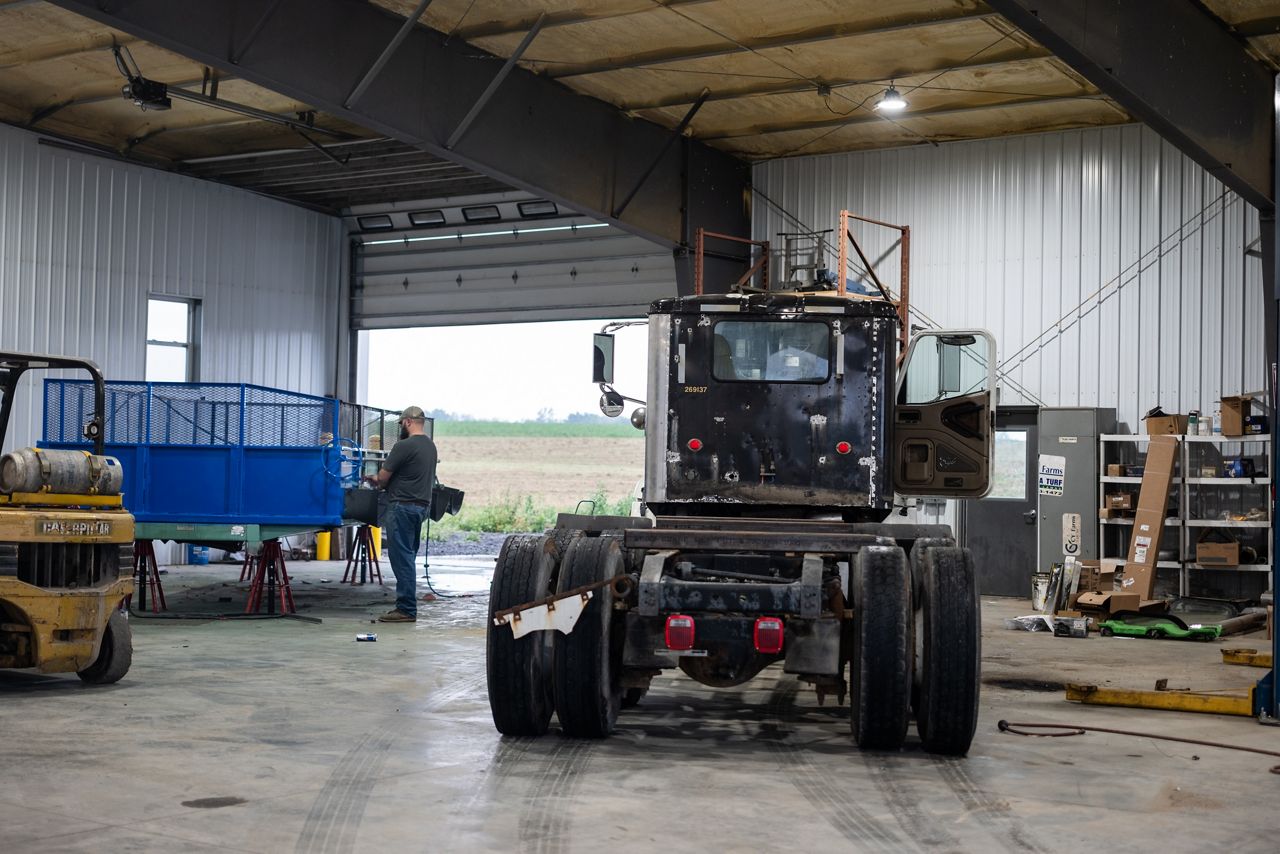
“It means that your drivers need to be food safety experts,” he said. “Some people might not want to deal with refrigeration units on trailers and temperature tracking. Things like that can be seen as burdensome.”
The drivers at River Valley Foods go through food safety training, which covers temperature tracking, handling, and food contamination.
Keith Kimball, a dairy farmer in Groveland, Livingston County, has moved to trucking his own milk rather than relying on milk trucks to pick it up from his farm.
“We started hauling our milk about two years ago, and the main reason was because of the driver shortage,” Kimball said. “The company that had been hauling the milk wasn't always fully staffed and we were an odd-sized load; we had a full load and then some, so it was not the most convenient pick-up.”
Kimball said they struggle with weight requirements similarly to CY Farms.
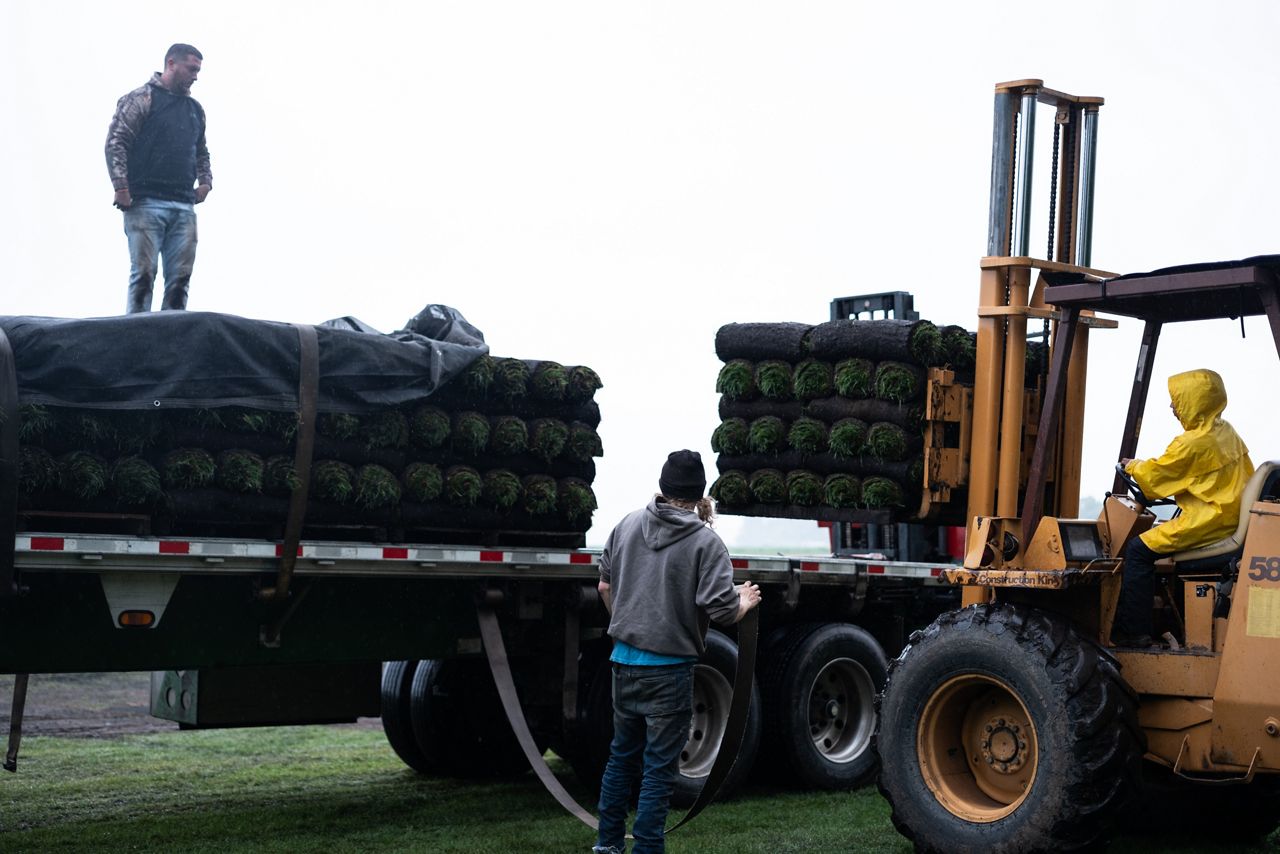
“We’re big proponents of an interstate overweight permit, which could go between different states,” he said. “The bigger the loads, the fewer loads that need to be moved around.”
Mowers said he believes to help improve the shortage, more can be done to encourage younger people to enter the industry.
“I really think that exposing younger people to the career opportunities that trucking has available is the best way to do it,” Mowers said.
But, he believes the industry will move toward automated drivers in the future.
“Eventually the industry will push towards if you need to drive from California to New York, you’ll have an AI (artificial intelligence) drive transporting that load most of the way and then you’ll have a live driver pick up the trailer or whatever it is to make the final leg of that journey,” Mowers said.





